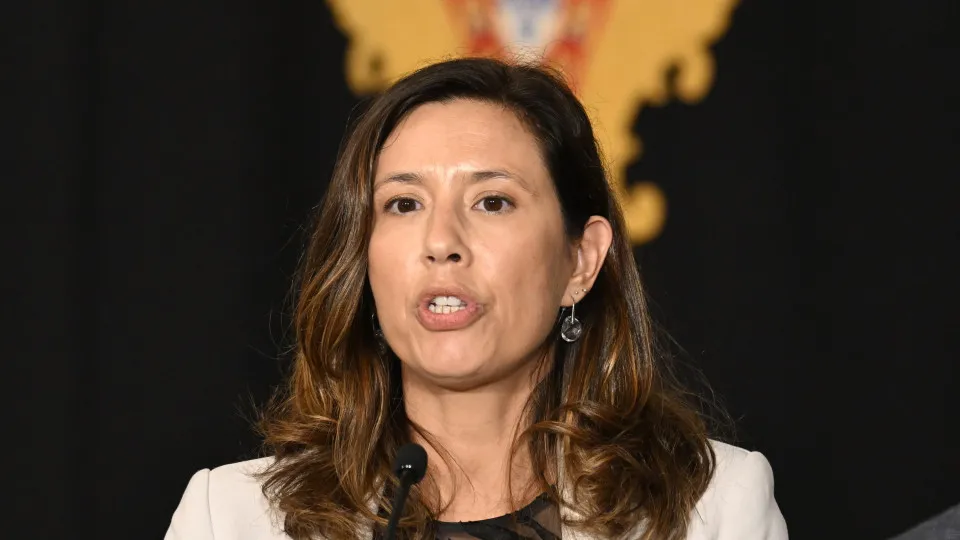
Speaking at a seminar organized by Eurodom, José Manuel Bolieiro emphasized that the merging of historic policies into a single fund, referred to as the National and Regional Partnership Plans, removes the distinct approach traditionally applied to the EU’s Outermost Regions (RUP).
The leader of the Azorean executive highlighted the EU’s Article 349, which mandates differentiated policies tailored to the RUPs’ specific needs.
“This principle has formed the foundation of more than three decades of EU policies that have advanced the economic and social development of these regions. There is no reason to backpedal on this legal, political, and moral commitment,” stated the President of the Government of the Azores.
The EU’s Outermost Regions include the Azores, Madeira, the Canary Islands, and the French territories of Martinique, Guadeloupe, French Guiana, Saint Martin, Mayotte, and Réunion.
Bolieiro expressed concerns that this “budget centralization dilutes territorial priorities, weakens regional autonomy, and undermines cohesion policy effectiveness.”
He warned that the lack of protected financial allocations for the RUPs jeopardizes progress in economic and social convergence, thus threatening food sovereignty, social stability, and sustainable development.
He suggested that eliminating the POSEI program and support for production chain structuring “would be disastrous for the Azores, heavily reliant on imports,” and advocated for its maintenance and reinforcement in the next Multiannual Financial Framework (QFP).
Bolieiro further argued for the “necessity of a distinct and predictable financial framework with compensatory mechanisms for additional costs and the creation of a true POSEI-Fisheries program tailored to the realities of the outermost regions.”
The Azorean leader stressed the “need for a POSEI-Transport program outside of cohesion policy to ensure accessibility, territorial continuity, and infrastructure modernization, while ensuring eligibility of maintenance costs to participate fully in the single market.”
Regarding energy and the environment, he stated that the QFP should “acknowledge the archipelagic particularities, promoting renewable energies, energy efficiency, and self-sufficiency.”
Environmental sustainability “must remain central to European action, with a strengthened LIFE program as an autonomous mechanism,” he noted.
On October 30, the center-right, socialist, liberal, and green groups constituting the European Parliament’s majority rejected the European Commission’s EU budget proposal, based on national plans, demanding a revision.
“The European Parliament rejects the national and regional partnership plans proposal as presented and demands a revised proposal to commence negotiations,” said the parliamentary majority’s leaders in a letter to European Commission President Ursula von der Leyen.
In July, the European Commission proposed a new long-term EU budget for 2028-2034, amounting to two trillion euros, surpassing the current framework’s 1.2 trillion, including more national contributions and three new taxes.




